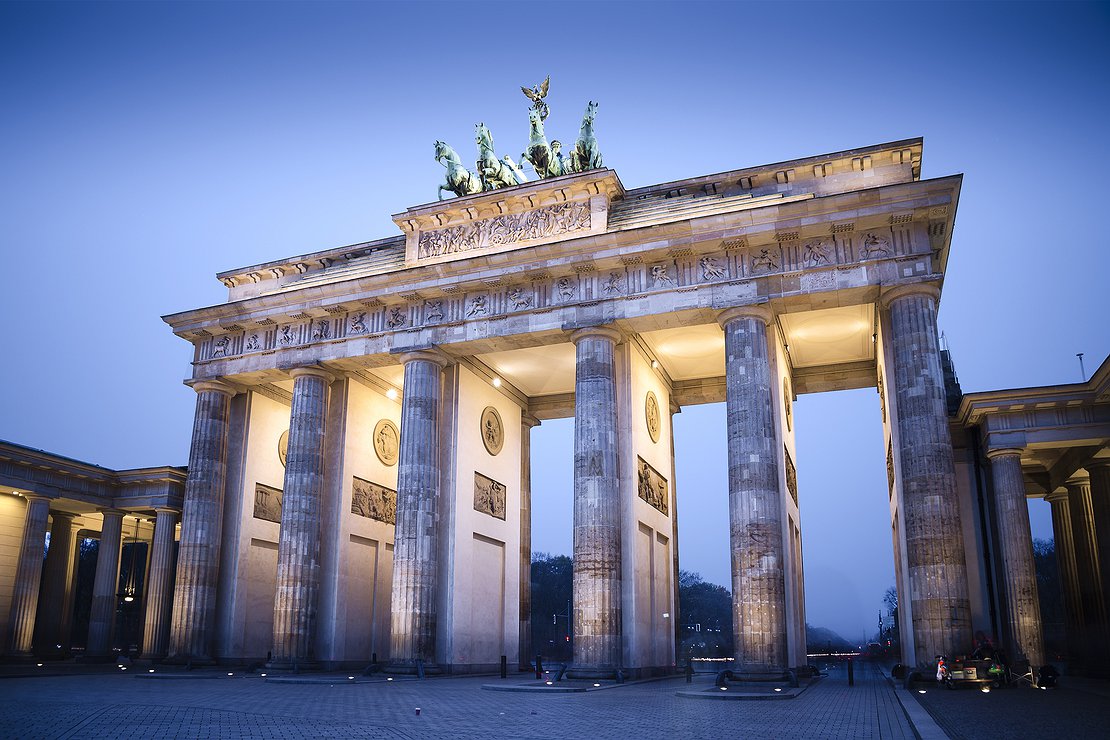
New German megalomania:From A High Horse
The cult around ‘Sea Watch 3’ captain Carola Rackete is an event supplements in a fitting way the campaign ‘Against the Right,’ which followed the murder of CDU-man Walter Lübcke. After the self-proclaimed protectors of democracy have spent themselves in the sweat-inducing fight against evil, they can now recharge their batteries by celebrating an icon of goodness.
Typically, they consider what is happening in the Mediterranean to be an internal matter; however, they don’t see that it is in fact a political issue at international level. What is being declared as ‘sea rescue’ is an aid to criminal trafficking. Besides, Ms Rackete disregarded Italian sovereignty, territorial sovereignty and laws and endangered the crew of a patrol boat. To save the passengers’ lives, it would have been enough to take them back to the Libyan port of departure.
But the mavericks on the high seas wanted a political demonstration and the symbolic act of reparation: As a “white German born in a rich country with the right passport,” she claimed to have a moral obligation to help those who did not have the same opportunities as her. She and her friends want to force an immigration policy on the Italians and the whole of Europe that gives them moral satisfaction. Unsolicited, they burden others with the consequences of their pubertal conflicts of conscience.
The almost-saint
When a hyped-up and autocratic individual morality determines the relations between countries, these become unpredictable and chaos is certain. However, the top talking heads and commentators in Germany do not waste a word on this. Rather, they lend a metapolitical, even a transcendental dimension to the egomaniac’s self-empowerment. In a knee-jerk response, Hamburg’s archbishop seemed to award the 31-year-old the status of sainthood, almost. Politicians, journalists and even business representatives uncritically follow this religiously set tone.
The weak German Federal President in Bellevue Castle and the German Foreign Minister immediately made it clear to the Italian judiciary and government what the only possible decision regarding the arrested Rackete was to be. Understandably, this prompted the Italian Minister of the Interior, Matteo Salvini, to announce that Frank-Walter Steinmeier and Heiko Maas should attend to the problems in their own country.
The ‘Frankfurter Allgemeine Zeitung’ proves itself to be the reliable newspaper of record for German inferiority and announces that the Sea Watch operators have “morality on their side.” And Siemens boss ‘Joe’ (actually: Josef) Kaeser tweeted: “People who save lives should not be arrested. People who kill, sow and promote hatred and harm should be.”
The modern German version of megalomania
Unconcerned, ‘Michel’ (the German John Doe) ignores international law, national laws, diplomatic conventions and rules of courtesy and, from the high seat of hyper-morality, pursues the reordering of the world as ethically correct territories. Against the backdrop of an amoral Nazi past, it was initially appropriate to emphasize the moral aspect of politics more strongly than others.
These means have long since become an end in themselves, have achieved an independent dynamic as hyper-morality, and have turned into a “moral imperialism” (Viktor Orbán) that tends to classify other peoples and states as morally inferior and to put itself above them. Today it admonishes Italy, yesterday it admonished Hungary and Poland, the day before yesterday it admonished Greece, tomorrow it will be Russia's turn and the day after tomorrow it will again be Donald Trump's turn.
The megalomania of the modern German version makes it impossible for Germany to be seen as a partner, makes it unsuitable for leadership in Europe and internationally ridiculous. For other countries are not unaware of how at the same time Germany’s substance is dwindling; how uncontrolled immigration is damaging it; how its infrastructure is literally crumbling; how its technical and intellectual capacity is declining.
Arnold Gehlen spoke about a Germany defeated in two world wars, in that refuted peoples tended to proselytize the others in order to attain clemency. This stage of decline in foreign policy also demands a great deal from its actors: discretion, patience, the ability to empathize. Gehlen's prognosis was exaggeratedly optimistic, because the political mentality which today permeates German media, parties, churches, non-governmental organizations and associations is know-it-all, infantile and auto-aggressive.
Hyper-moral avant-garde position
Two internalised objectives emerge as guiding forces: European states as sovereign principles of order, as unity of territory, people and governmental authority, are to be suspended and Europe as a ‘white’ cultural area is to be abolished.
These tendencies are also going on in other countries, as Jean Raspail's visionary ‘The Camp of Saints’ and Douglas Murray's book ‘The Strange Death of Europe’ show. Above all, they spring from the universally effective, egalitarian instincts of mass society. According to Karl Jaspers, “masses emerge where people without an actual world, without origin and soil become disposable and interchangeable.”
This was an experience which Germany suffered more emphatically than other nations in the 20th century and which shaped its political DNA. It explains the hyper-moral avant-garde position that it now occupies, giving the other countries reasons to see the German question as a medical case to be wary of.
Originally written in German for 'Junge Freiheit', where the article appeared under the title 'Vom hohen Ross', on July 14th 2019.




